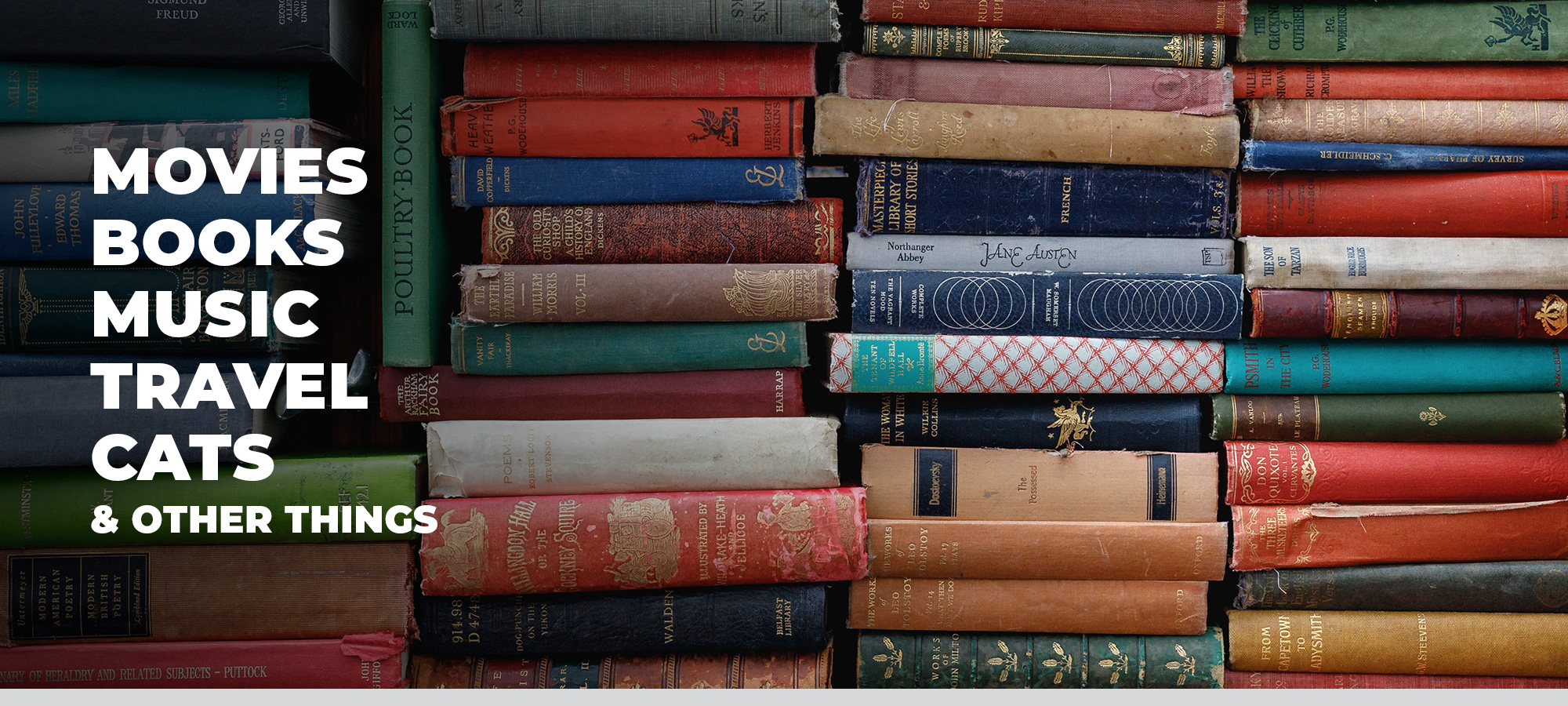
An engaging and stirring retelling of old Norse myths, and a fantastic introduction to the mythology that is somehow both ubiquitous and obscure.
Back in my teenage years, I was fortunate to come across a collection of ancient Greek myths which sparked my passion for the Greek gods, labours of Heracles, Trojan War, the myth of Jason and the Golden Fleece among many many others. Easy to read and digest, it was a perfect gateway for a young reader that I still remember very fondly.
Norse mythology however remained a chilly, remote, mysterious entity that has only revealed itself to me through bits and crumbs here and there, including Neil Gaiman’s older novels like American Gods. Even so, the little knowledge and imagery I managed to glean fascinated me: the sacred ash tree Yggdrasil spanning the nine worlds; beautiful goddess Freya riding the chariot pulled by two enormous cats; the doom and gloom of Ragnarok, the destruction of the gods and the end of the world.
There could well be other modern retellings of Norse myths, but it’s hard to imagine one more fun and accessible than this offering from Neil Gaiman in his bard-around-campfire mode. Having finished it, I could only wish that I had a chance to read it first as an impressionable kid. Of course I have no way of knowing just how faithful Gaiman’s version is to the originals, but as Gaiman points out in his introduction, Norse mythology has come down to us in fragments, in poems and folktales written down after Christianity has already displaced the old gods. Much has been lost, and many stories just plain contradict each other.
The stories are told in a more or less chronological order, starting with the creation of the world and finishing with the descriptions of Ragnarok still to come, when the world would be swallowed by fire and water and all gods would perish in the final battle, before the eventual rebirth and new world order. As in many myths and fairy tales, there’s often an internal logic that you just have to roll with. Why would an empty place of nothingness spawn a giant hornless cow whose milk nourished the ancestor of all giants? Well, it just does.
There’s a multitude of gods, dwarves and giants populating the pages, but most of the stories here concern three gods: Odin the all-father, his good-natured son Thor, and trickster Loki, Odin’s blood brother and son of a goddess and a giant. Interestingly, compared to the gods of ancient Greece, the Norse gods don’t seem to have much interest in meddling into the affairs and fates of the mortals who live in Midgard. There are also no tales of human heroes like Odysseus or Perseus.
Loki is the MVP of the book: slippery, charming, wily and untrustworthy, with a dark side that often pushes him into outright cruelty and treachery. Despite being a giant pain in the ass, Loki is nevertheless tolerated by the other inhabitants of Asgard, because his conniving so often works out to their advantage. He is the father of the monsters, including the underworld goddess Hel and fearsome wolf Fenrir, destined to eat the moon and the sun at the end of all things.
The book is clearly meant for children and adults alike, and many stories have a wry, light, almost silly tone to them. They’re not entirely sanitised or scrubbed of all darkness and brutality; some more gruesome parts reminded me of the good old cruel Russian fairy tales. They can also get extremely bizarre, like the story in which Loki, while in a form of a mare, gets pregnant and gives birth to Sleipnir, the eight-legged horse ridden by Odin. Safe to say, you’re not going to see this development in the next Marvel blockbuster.
I wish the book went more in-depth on some things (How did Loki become Odin’s blood brother? What caused the war between the Aesir and Vanir deities?), but overall this was an enormously entertaining read that brings the old myths to a modern reader.


Thank you for this enthusiastic review of Norse Mythology. I’ve been undecided over whether to buy this book for a while now; I didn’t quite enjoy Gaiman’s older books like American Gods and Neverwhere. I think I’ll give this a try.
LikeLiked by 1 person
Thank you! I do think it’s a more accessible book than the ones you’ve mentioned.
LikeLike
I’ll have to look for this one. I’ve a little into the Norse myths before, with Edith Hamilton’s Mythology, but it’s been a while and I’ve forgotten most of it.
LikeLiked by 1 person